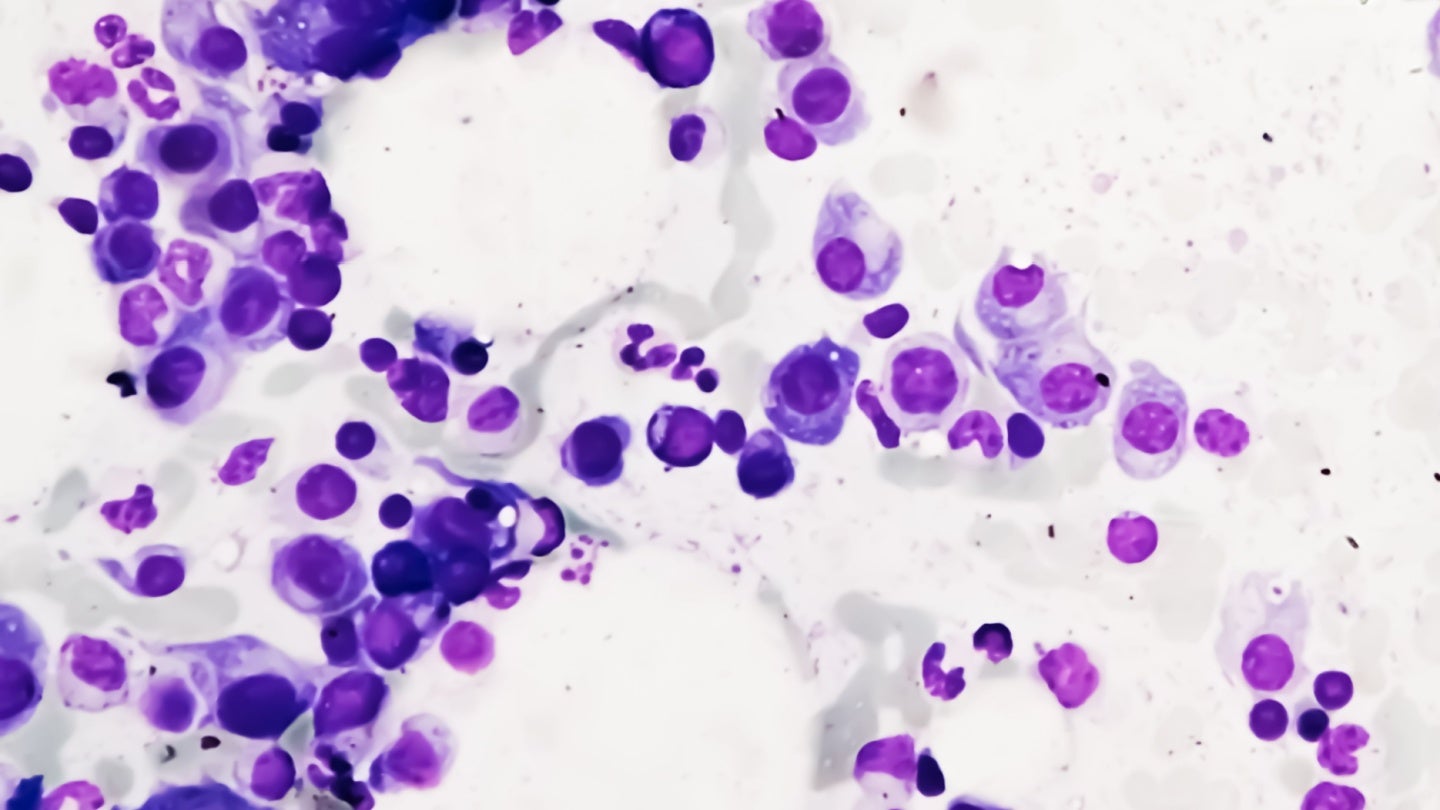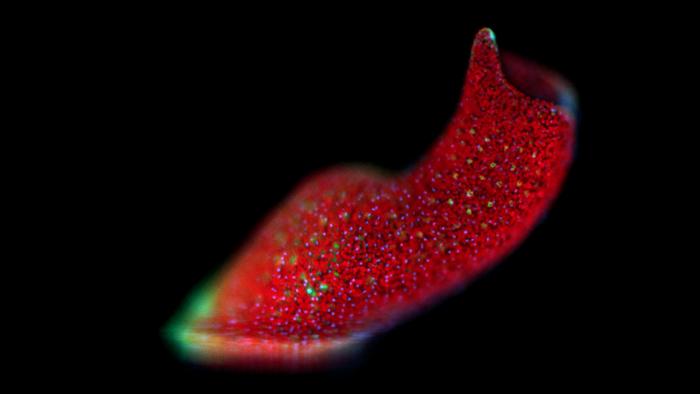UC Riverside startup company wins prestigious NIH grant
Soon after he joined UC Riverside in 2015, Maurizio Pellecchia, a professor of biomedical sciences in the UCR School of Medicine, began working with the UCR Research and Economic Development office to create on campus an incubator space. He envisioned that space as a home for UCR scientists to create startup companies to prove the commercial potential of their […]

Soon after he joined UC Riverside in 2015, Maurizio Pellecchia, a professor of biomedical sciences in the UCR School of Medicine, began working with the UCR Research and Economic Development office to create on campus an incubator space. He envisioned that space as a home for UCR scientists to create startup companies to prove the commercial potential of their technologies. That multi-year effort helped create in the Multidisciplinary Research Building the EPIC Life Sciences Incubator that currently houses young companies in agricultural technology, biomedical technologies, bioengineering, and medicinal chemistry.

Credit: Stan Lim, UC Riverside.
Soon after he joined UC Riverside in 2015, Maurizio Pellecchia, a professor of biomedical sciences in the UCR School of Medicine, began working with the UCR Research and Economic Development office to create on campus an incubator space. He envisioned that space as a home for UCR scientists to create startup companies to prove the commercial potential of their technologies. That multi-year effort helped create in the Multidisciplinary Research Building the EPIC Life Sciences Incubator that currently houses young companies in agricultural technology, biomedical technologies, bioengineering, and medicinal chemistry.
One of the tenant companies in the incubator space is Armida Labs, Inc, a pharmaceutical company founded two years ago by Pellecchia with Carlo Baggio, formerly a senior scientist in Pellecchia’s research group, as its chief technology officer and director of chemical biology. Armida Labs, which is developing a breakthrough pancreatic cancer therapy called Targefrin™, has now been awarded a highly competitive $400,000 Phase I Small Business Innovation Research, or SBIR, grant from the National Cancer Institute of the National Institutes of Health. The grant, of which Baggio is principal investigator, will allow the company to complete important next steps toward the preparation of human clinical trials.
“Our goal is to develop the drug Targefrin, which UCR has patented,” said Pellecchia, who holds the Daniel Hays Chair in Cancer Research at UCR. “We want to translate Targefrin from a laboratory discovery to a product that can fight pancreatic cancer, and potentially other cancers, and improve public health.”
Pellecchia, who is the main inventor of Targefrin, explained that the SBIR grant makes it possible for Armida Labs to gather industry-standard pharmacokinetics and efficacy data, which are expensive to obtain.
“Without the grant, our studies would remain at the pre-clinical level,” said Pellecchia, who directs the School of Medicine’s Center for Molecular and Translational Medicine. “The Phase I SBIR grant will allow us to scale up the manufacture of Targefrin and to test this drug in more sophisticated pharmacology studies in models of metastatic pancreatic cancer. These data will help us craft the necessary follow-up studies that will enable filing an investigational new drug application with the Food and Drug Administration, and if successful, begin human clinical studies.”
The SBIR grant Armida Labs received is a Phase I grant, which means it is a pilot phase grant. Only recipients of a Phase I grant can apply to the NIH for a Phase II grant.
“Phase II grants, which can be up to around $2 million, can allow us to apply for an IND,” Pellecchia said. “We expect our pilot studies will take about six months to one year to do. If these studies are successful, we will submit a Phase II application, which will allow us to complete toxicity studies in two animal models.”
An investigational new drug, or IND, is a drug that the Food and Drug Administration has not yet approved for general use. Researchers use INDs in clinical trials to investigate their safety and efficacy. Before testing in human subjects, however, researchers need to apply for an IND with the Food and Drug Administration.
According to Pellecchia, the EPIC Life Sciences Incubator greatly simplified the launch of Armida Labs, the first UCR faculty biopharmaceutical company in the City of Riverside. He said it is a lot easier to start a company in an incubator space than to have to rent an empty lab space somewhere to start doing research.
“Developing and growing a biotech company requires huge amounts of capital,” he said. “In contrast, a minimal amount of capital is needed to launch a startup in an incubator space. As a result, we were able to get Armida Labs off the ground and thus apply to the National Cancer Institute for seed funding. To go from a pre-clinical laboratory discovery all the way to drug development in patients, similar projects to Targefrin often require as much as $2-5 million. With our new award, we aim to complete valuable steps to attract further investment.”
The EPIC Life Sciences Incubator, which is managed by Maricela Argueta and directed by David Pearson, aims to be a home for startups like Armida Labs by providing vital technology and equipment, as well as access to UCR’s core technical facilities, faculty, and entrepreneurial development services from the Office of Technology Partnerships led by Associate Vice Chancellor Rosibel Ochoa. It offers advice, makes connections with venture capital firms, administers the incubator space, and provides personnel for coordinating the use of shared equipment.
Pellecchia is excited to have launched Armida Labs and acquired the SBIR grant. As the company grows, it will hire more personnel.
“Nothing would make me happier than to see our UCR research translated into experimental therapeutics. I am also thrilled to create new biotech jobs in Riverside, a region lacking incubator spaces where biotech companies can start and grow,” Pellecchia said. “At UCR, we graduate thousands of students and train many postdocs. But we are really educating and training them only to see them go elsewhere. We want them to stay and thrive in Riverside.”
What's Your Reaction?

































